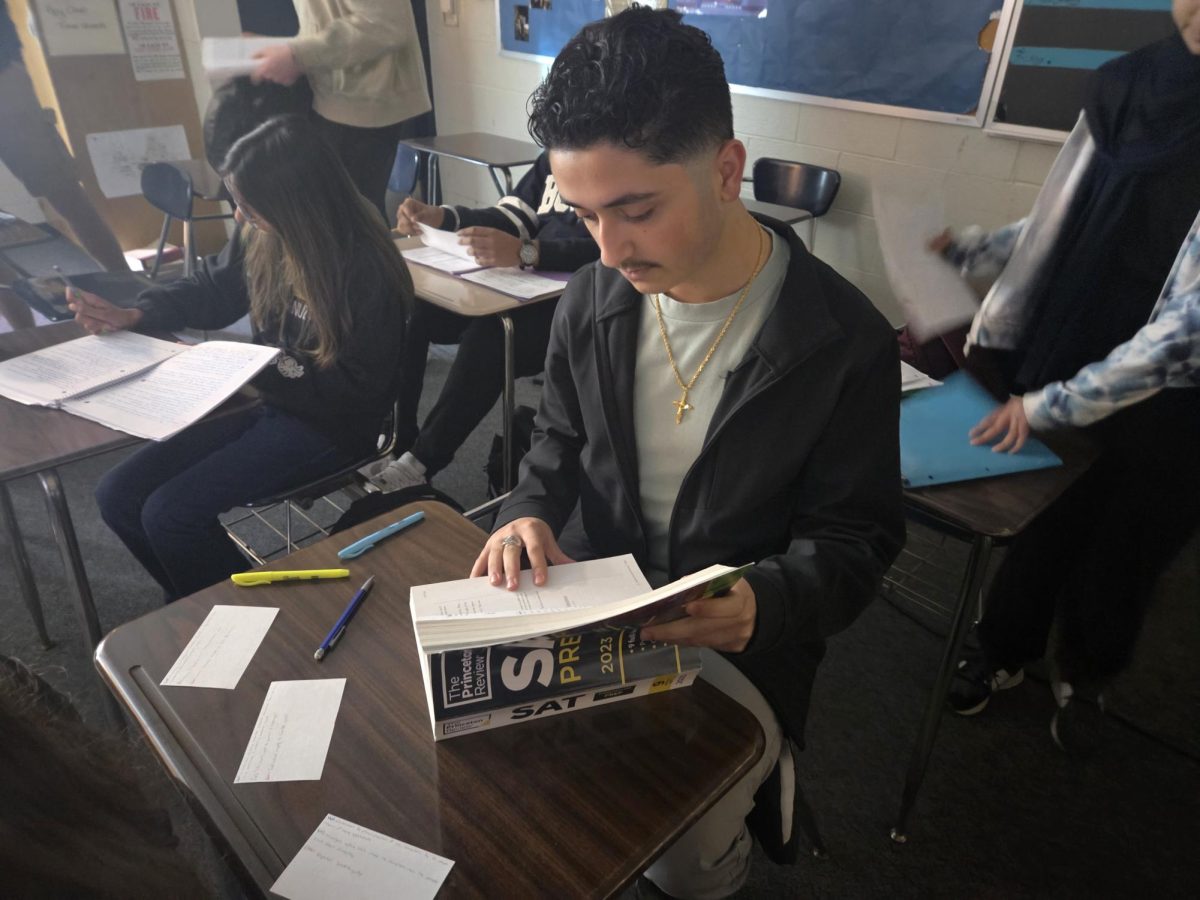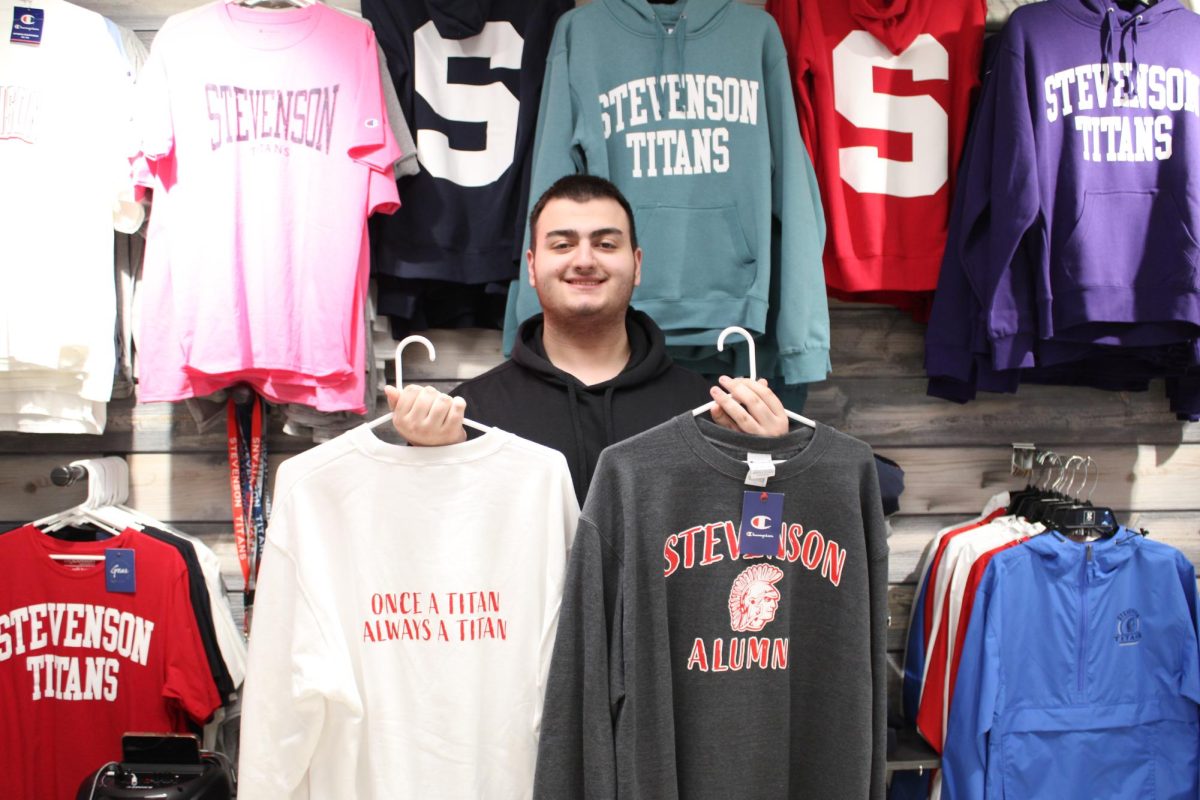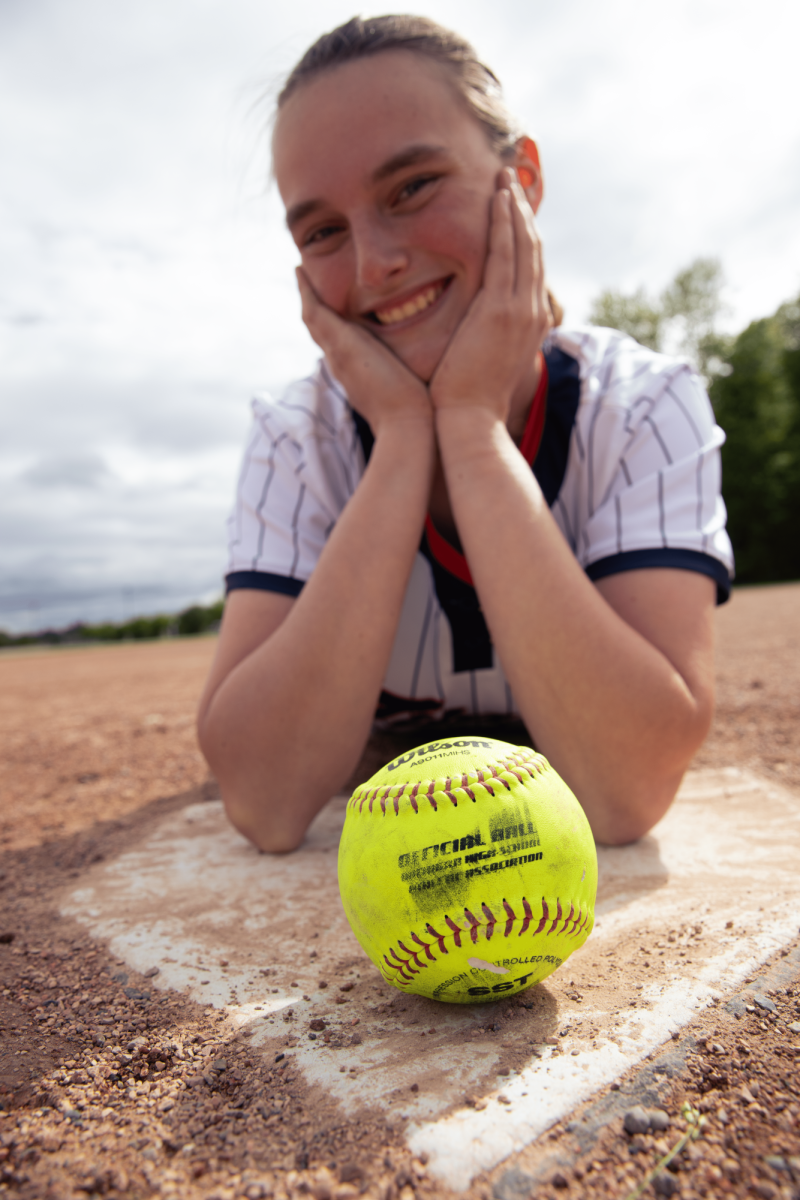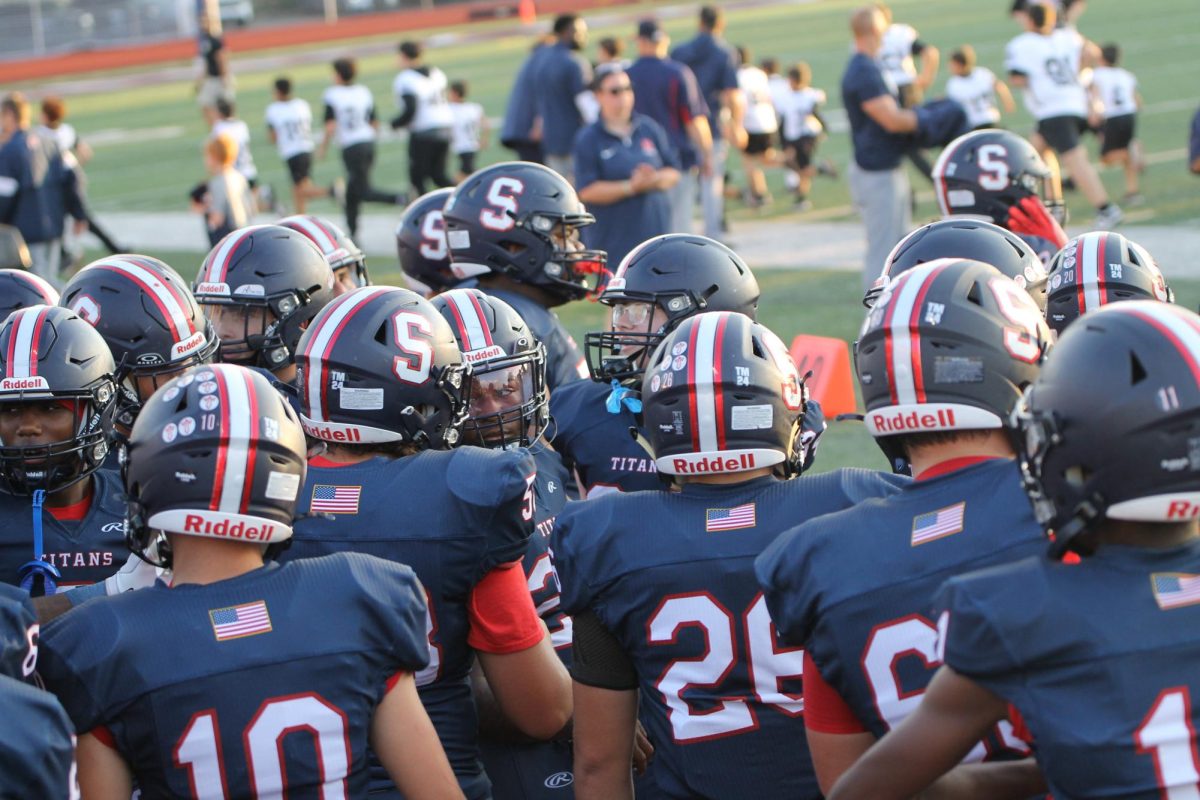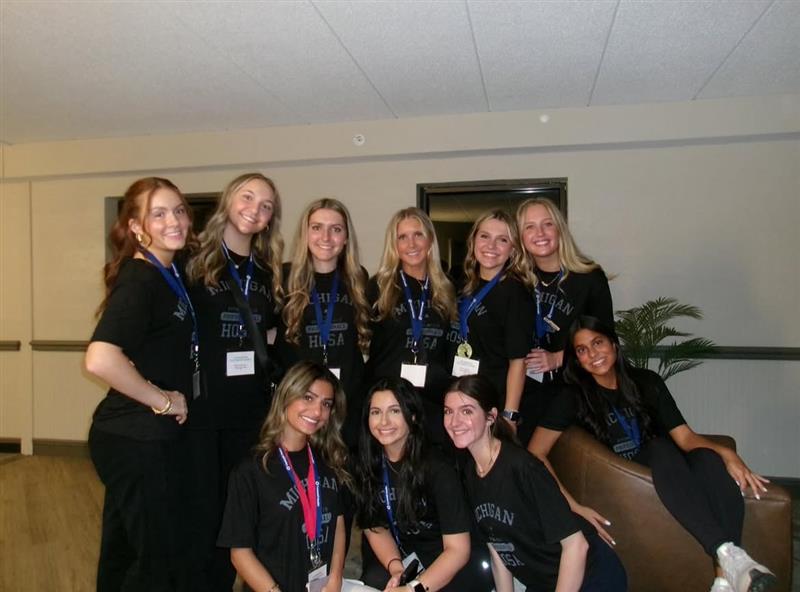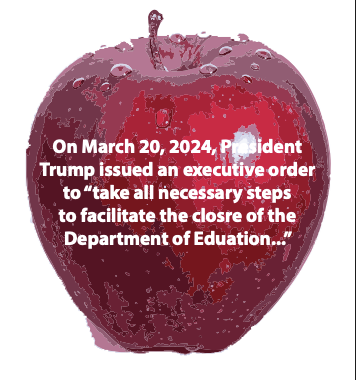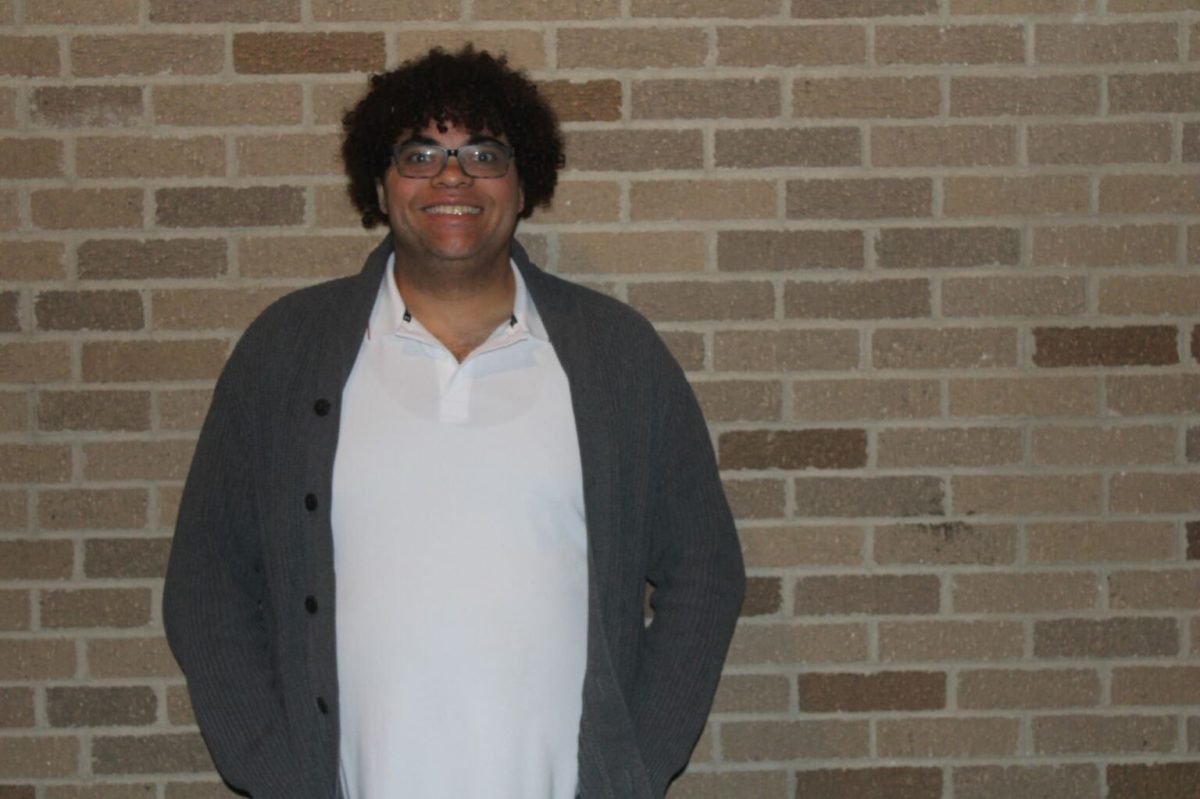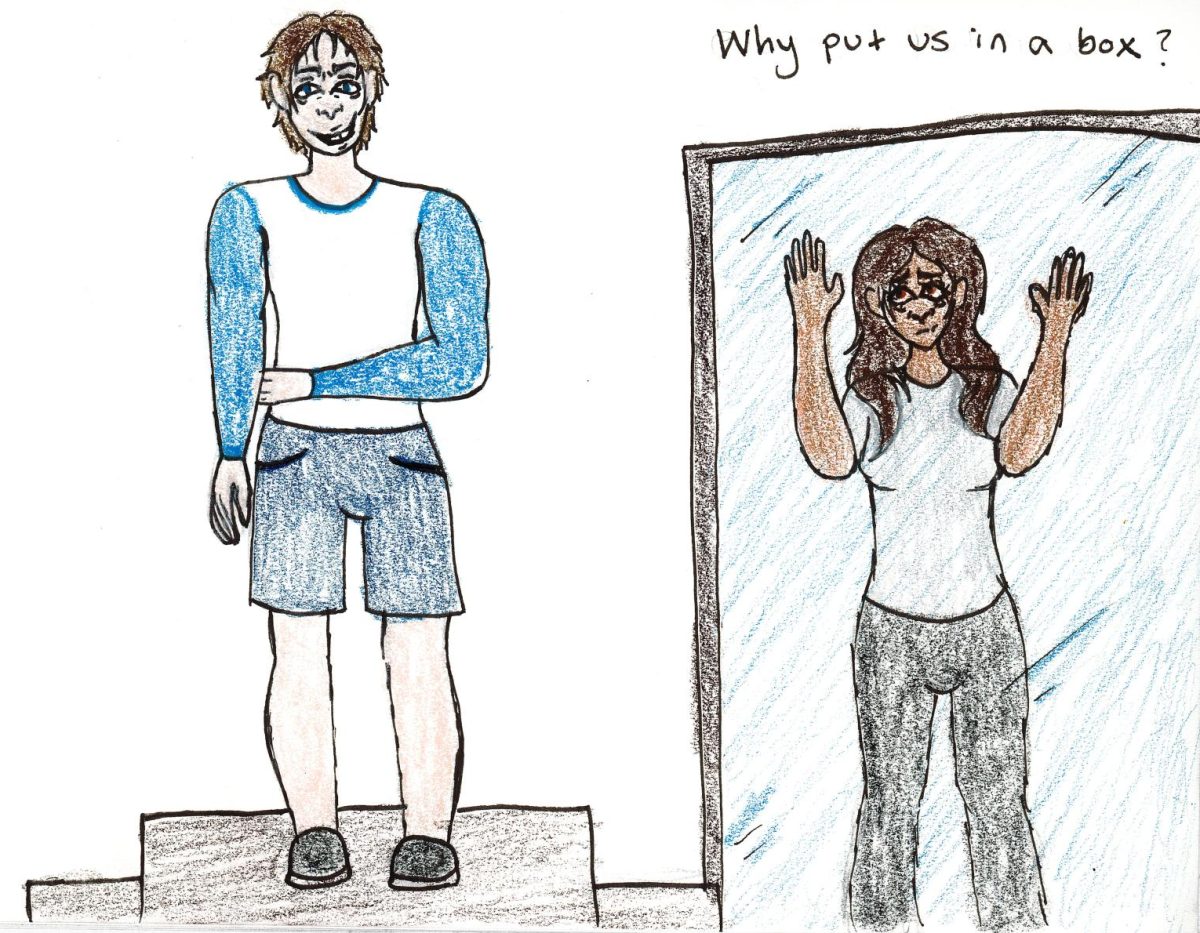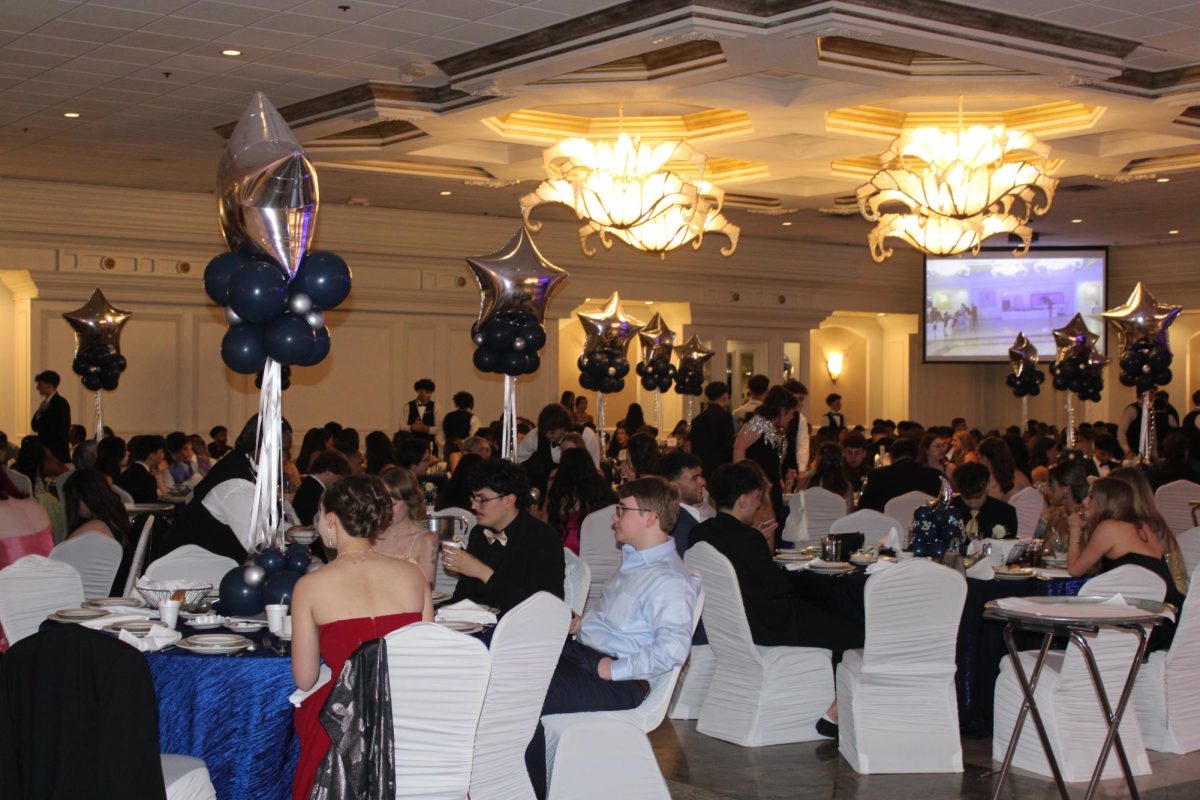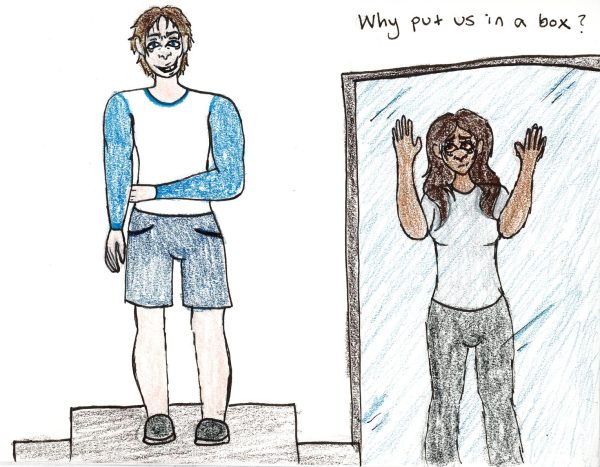Periods Aren’t a Choice: Affordable Feminine Products Shouldn’t Be Either

Graphic Illustration by: Madisyn Hudson ’21
Painful cramps, hormones and cravings make most girls dread that time of the month. However, dealing with the pain of periods every month can always be worse. Females and transgender men who have uteruses who cannot afford sanitary items feel the effects of the economy making an already embarrassing experience more unpleasant. In a country rich with money, this should not be happening.
Pads and tampons can range from $7–$12. While this may not be a problem for teens with help from parents, choosing between putting food on the table or buying feminine hygiene products a become a low priority on the to-do list. This affects girls in America and around the world, making it hard to get an education or go to work because of something they cannot afford to control.
According to an article published by Global Citizen, “Why periods are keeping girls out of schools – and how you can help” (May 30, 2018) by Phineas Rueckert, “131 million girls are out of schools-and 100 million of those are girls of high school age. While there are many reasons for this, periods play a major role. Without access to proper education or resources, girls are often forced to stay home from school during their periods, which leads them to miss anywhere from 10-20 percent of school days. Sometimes, they drop out of school completely.”
Not being able to afford feminine hygiene products causes girls to miss getting a proper education, or learning skills to help them get jobs to afford supplies they need. They cannot go into schools and workplaces without feminine supplies because it would be seen as gross or disgusting. This is unfair because periods are not something that women can control. It just comes with having ovaries, and yet pads are not provided to women in need.
Female products are taxed in 34 states in the U.S causing them to be more expensive than they already are. Families with more than one female, use double the amount of products and run out faster causing them to have to buy them more often. Buying more becomes financially hard and then girls have to go without.
According to an article published by Ruethers, “Even in the U.S., poor women often can’t afford tampons, pads” (January 10, 2019) by Linda Carroll, “More than one in five women said they had this problem every month, researchers report in Obstetrics & Gynecology. Instead, the women said they made do with cloth, rags, tissues, toilet paper and sometimes even diapers or paper towels taken from public bathrooms. Nearly half the women said there were times in the past year when they could not afford to buy both food and period products.”
Often women resort to these methods with nothing or no one else to turn to. Even government programs such as SNAP (Supplemental Nutrition Assistance Program) and WIC (Special Supplemental Nutrition Program for Women, Infants, and Children) do not help women who cannot afford sanitary napkins. This is unjust. Having a period is not a luxury or a choice, yet pads are taxed as if women can choose to have a period. Schools that do provide free pads usually provide pads that are not absorbent and do not help in any way.
By not providing cheaper options or alternatives to pads or tampons, we as a society are not giving everyone the same opportunities. This is a sex based discrimination and unfair to girls around the world who have to miss school and work or even quit. Feminine hygiene products should be free or cheaper considering women do not have a choice. It is as important as getting food.
For people who have a hard time affording these products, they can contact Helping Women Period. Helping Women Period is an organization that helps women get feminine products in the U.S and internationally. This could be a problem a neighbor has or some little girl has. A donation [of pads, tampons, or money] to Helping Women Period can really change lives.
Sign petitions to lower the cost of feminine products. Things will never just happen anywhere in the world the people need to make it happen and there are millions women begging people to please make it happen to change their lives.
Your donation will support the student journalists of Stevenson High School - MI. Your contribution will allow us to purchase equipment and cover our annual website hosting costs.

